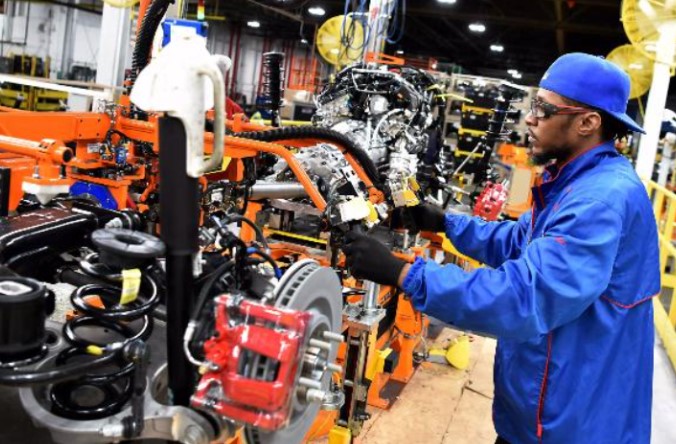The global car industry is facing major changes in 2025, with many factories in Europe and North America at risk of closing or being sold. A new report from Gartner points to challenges like overproduction, competition, and new regulations on emissions. The growing influence of Chinese electric vehicle (EV) makers is also putting pressure on traditional automakers.
According to Pedro Pacheco, a VP at Gartner, automakers are in a tough situation. “It’s like a pressure cooker,” he said. “As the pressure builds, companies will have to make tough decisions to survive.” This means that car factories in regions with high operating costs, such as parts of Europe and North America, may face closures or sales. Chinese brands are expected to take advantage of this situation, potentially buying factories or setting up new production facilities in countries with lower costs like Morocco or Turkey.
This report comes at a time when European car manufacturers are preparing for stricter CO2 emission rules in 2025. Stefan Hartung, CEO of Bosch, a major auto supplier, has urged the European Union (EU) to be flexible and not punish companies that struggle to meet the tough targets. Luc Chatel, head of the French car industry group PFA, has also raised concerns. He warned that the push to sell more electric cars might hurt the sales of traditional combustion engine vehicles, making it harder for companies to meet their future electrification goals.
Despite these challenges, Gartner predicts that global shipments of electric vehicles will grow by 17% in 2025. This includes all types of vehicles, such as cars, buses, vans, and trucks. By 2030, over half of all cars sold are expected to be electric.
To stay competitive, traditional car companies will need to think differently. They might form partnerships with technology companies, invest in new EV software, or boost research and development in areas where innovation is happening. Pacheco believes that new partnerships, especially self-funded joint ventures for EVs, could play a key role in reshaping the industry.


